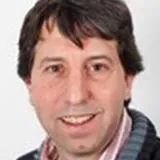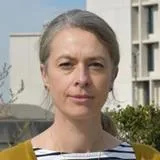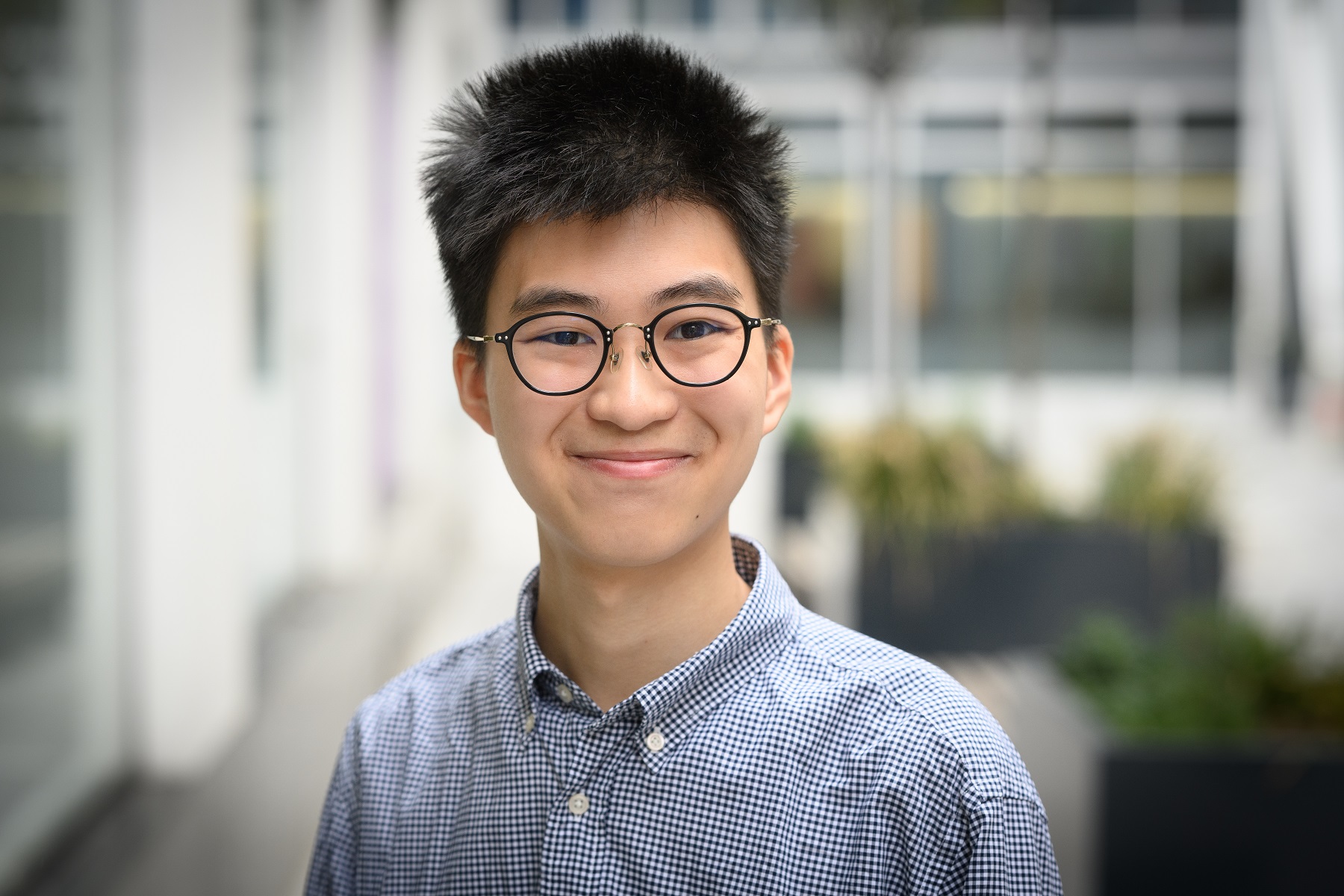Course details
- DepartmentDepartment of International Development
- Application codeSS-IR218
Apply
Applications are open
We are accepting applications. Apply early to avoid disappointment.
Overview
What are the biggest challenges to achieving health equity, and how can they be addressed in a rapidly changing world?
This course offers a dynamic and comprehensive introduction to the systems and politics of global health in low and middle-income countries. You will examine critical challenges, including pandemics, ageing populations, pharmaceutical innovation, and the climate crisis, alongside the key determinants of health and their consequences for development.
Through a critical lens, you will explore policies designed to improve health and development, the barriers to their implementation, and practical strategies to overcome these obstacles. Topics include global health governance, universal health coverage, health system strengthening, and the politics of disease burdens. The course also considers the impacts of migration, conflict, and climate change on health.
Led by expert faculty, you will develop the skills to synthesise evidence, challenge conventional thinking, and advocate for health equity through principles of social justice, equality, and human rights.
Key information
Prerequisites: At least one introductory course in either social science (e.g. political science, international relations, sociology, economics), history or law.
Level: 200 level. Read more information on levels in our FAQs
Fees: Please see Fees and payments
Lectures: 36 hours
Classes: 18 hours
Assessment: 1,200 word essay (25%), and final exam (75%).
Typical credit: 3-4 credits (US) 7.5 ECTS points (EU)
Please note: Assessment is optional but may be required for credit by your home institution. Your home institution will be able to advise how you can meet their credit requirements. For more information on exams and credit, read Teaching and assessment
Is this course right for you?
This course would be of interest to students in medical degrees, students interested in public health, health policy, global health and international development. Possible career pathways include entering organisations such as WHO, WB, Gates Foundation, MSF and consultancies among others.
Outcomes
The course will help equip students with the skills needed to work in and improve mainstream global health organisations such as the WHO, World Bank, Bill and Melinda Gates Foundation and MSF among others. These skills include synthesizing diverse evidence and perspectives and generating powerful insights to help tackle complex global health challenges.
By the end of the course students will have an overall understanding of:
- Basic concepts on data and measurement in global health
- The politics of global health
- The mechanisms of prioritization of diseases in global health
- The current debates on the major issues surrounding health systems and universal health coverage
- The role of pharmaceuticals in global health and the challenges to improving innovation of and access to new drugs
Content
Faculty
The design of this course is guided by LSE faculty, as well as industry experts, who will share their experience and in-depth knowledge with you throughout the course.

Professor Tiziana Leone
Professor in Health and International Development

Professor Ken Shadlen
Professor of Development Studies

Dr Philipa Mladovsky
Associate Professor in International Development
Department
LSE’s Department of International Development promotes interdisciplinary research and teaching and is concerned with the causes of poverty, social exclusion, economic stagnation, humanitarian crises and human security. The Department’s aim is to provide students with an understanding of why and how some late-developing countries have succeeded in overcoming these problems while others have not, or have seen their progress derailed by disasters and conflicts.
Students will learn from world-leading faculty who have considerable experience in living and working in the developing world and have engaged in policy-relevant research and consultancy work with international development agencies and non-governmental organisations. Engaging with cutting-edge research, students build real-world skills and gain exposure to critical issues, questions and state-of-the-art thinking on the most relevant topics within International Development.
Join our mailing list
Join our mailing list to be notified when applications open for next summer.
Apply
Applications are open
We are accepting applications. Apply early to avoid disappointment.
